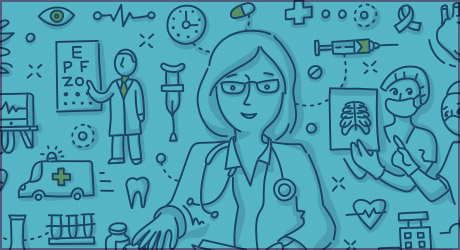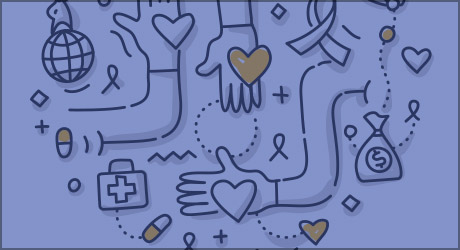
Why Choose Us?
Our physicians and providers are proud to be affiliated with Northwest Health, the largest health system in Northwest Arkansas. With five hospitals, Northwest Health has three accredited Chest Pain Centers - in Bentonville, Siloam Springs and Springdale.
Northwest Medical Center - Springdale was the first hospital in Northwest Arkansas to provide open-heart surgery and achieve Cycle III Chest Pain Center Accreditation with Primary PCI through American College of Cardiology (ACC) Accreditation Services. Both Northwest Medical Center — Springdale and Northwest Medical Center — Bentonville are Chest Pain Centers with PCI, accredited by The American College of Cardiology, as well as being accredited as Primary Stroke Centers by The Joint Commission demonstrating Northwest Health's continued commitment to heart care.
Northwest Medical Center - Springdale was also among the first 50 hospitals nationwide chosen to participate in a new study to identify the best treatment for people who experience cardiogenic shock following a heart attack (also called acute myocardial infarction - cardiogenic shock, or AMI-CS). Called the National Cardiogenic Shock Initiative (NCSI), this multicenter study assessed the feasibility of whether outcomes in cardiogenic shock can be improved by using standardized best practices such as inserting a special heart pump to protect patients during percutaneous coronary interventions.
From prevention to diagnosis, treatment and rehabilitation, numerous services are available throughout our five-hospital network.
Our Services Include:
- Diagnostic and imaging technology to find heart disease early, when it's most treatable
- Cardiac catheterization
- Open-heart surgeries including coronary bypass and valve repair
- Cardiac defibrillator andbiventricular pacemaker insertion
- Carotid stenting
- Venous stenting
- Heart failure care
- Specialized treatment for heart rhythm disorders (atrial fibrillation)
- Cardiac rehabilitation that combines education, support and exercise therapy
Heart Healthy Resources

A Woman’s Risk for Heart Disease is Different: Here’s What You Need to Know
Heart disease is a big issue in the United States for both men and women alike. But some risk factors are more unique to women.
Read more »

Is High Blood Pressure Considered Heart Disease?
Finding out you have high blood pressure can be worrisome if you aren’t sure what your numbers mean or what to do about them. Discover how high blood pressure affects your heart.
Read more »

How Does Smoking Affect Your Heart?
Smoking’s impact reaches far beyond your lungs, harming nearly every other organ in the body. Get the specifics on how smoking can influence your heart’s health.
Read more »

Why Your Heart Wants You to Pay Attention to Your Cholesterol
Your liver makes cholesterol in your body, but you also get cholesterol from eating certain foods. Find out how the wrong kind of cholesterol can impact your heart.
Read more »

